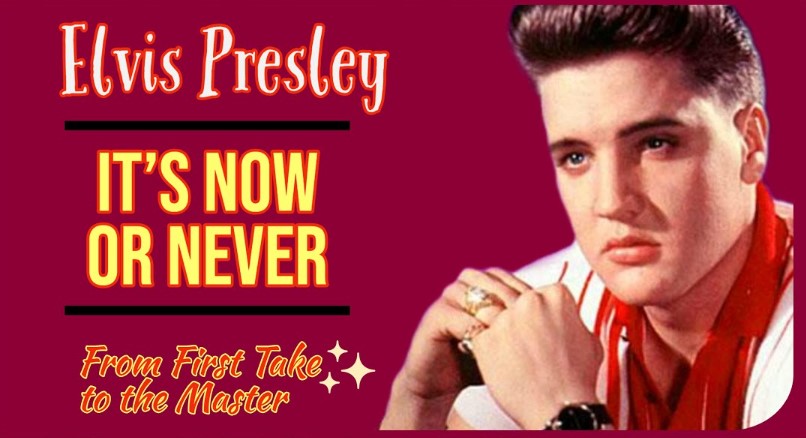Elvis Presley, often referred to as the "King of Rock and Roll," revolutionized the music industry in the 1950s with his charismatic stage presence and distinctive voice. While the guitar was his primary instrument, Elvis's performances were often enhanced by the inclusion of other instruments, and one that played a significant role in shaping the rhythm of his music was the double bass.

Elvis's Early Musical Influences

Before delving into the connection between Elvis Presley and the double bass, it's crucial to understand the musical landscape that influenced the young artist. Born in 1935 in Tupelo, Mississippi, Elvis was exposed to a rich blend of musical genres, including gospel, blues, and country. These diverse influences laid the foundation for his later innovative sound.
The 1950s saw the emergence of a new musical genre – rock and roll. Elvis Presley became one of its pioneering figures, blending elements of rhythm and blues, country, and gospel into a style that captivated audiences worldwide. His energetic performances, accompanied by a talented ensemble of musicians, contributed to the birth of a cultural phenomenon.
The Role of the Double Bass

In Elvis's early recordings and live performances, the double bass played a crucial role in providing the rhythmic foundation for his music. The deep, resonant tones of the double bass added a distinct flavor to Elvis's sound, creating a driving force that complemented the upbeat tempo of rock and roll.
Live Performances

Elvis's live performances were renowned for their electrifying energy, and the double bass played a central role in creating the pulsating rhythm that got audiences on their feet. Whether in small clubs or large arenas, the double bass, with its robust sound and versatile playing styles, enhanced the overall sonic experience of Elvis's live shows.
Several iconic Elvis Presley songs prominently feature the double bass, showcasing its importance in shaping the rhythm of his music. Songs like "Jailhouse Rock," "Hound Dog," and "Blue Suede Shoes" are prime examples of the synergy between Elvis's vocals, the guitar, and the double bass. The instrument's deep, thumping tones added a layer of excitement to these timeless classics.
Collaboration with Musicians

Elvis surrounded himself with exceptional musicians, and the collaboration between him and his band members, including the double bass players, was instrumental in defining the sound of rock and roll. Notable musicians like Bill Black, who played the double bass in Elvis's early band, the Blue Moon Boys, contributed significantly to the rhythmic intensity of Elvis's music.
As Elvis's career progressed, so did the evolution of his sound. While the double bass remained a fundamental element in his early recordings, the changing landscape of popular music led to the incorporation of other instruments and arrangements. However, the influence of the double bass lingered, leaving an indelible mark on Elvis's musical legacy.
Conclusion

Elvis Presley's impact on the world of music is immeasurable, and the role of the double bass in shaping his early sound is a testament to the instrument's versatility. The fusion of blues, country, and gospel, coupled with the driving force of the double bass, created a musical revolution that continues to resonate with audiences to this day.
Elvis Presley's connection with the double bass goes beyond mere instrumentation; it symbolizes the rhythmic heartbeat of an era. As the King of Rock and Roll, Elvis's legacy is not only defined by his magnetic stage presence and soulful voice but also by the collaborative efforts of talented musicians, including those who wielded the powerful double bass. In the annals of music history, the marriage of Elvis Presley and the double bass remains a harmonious chord that continues to reverberate through the decades.



